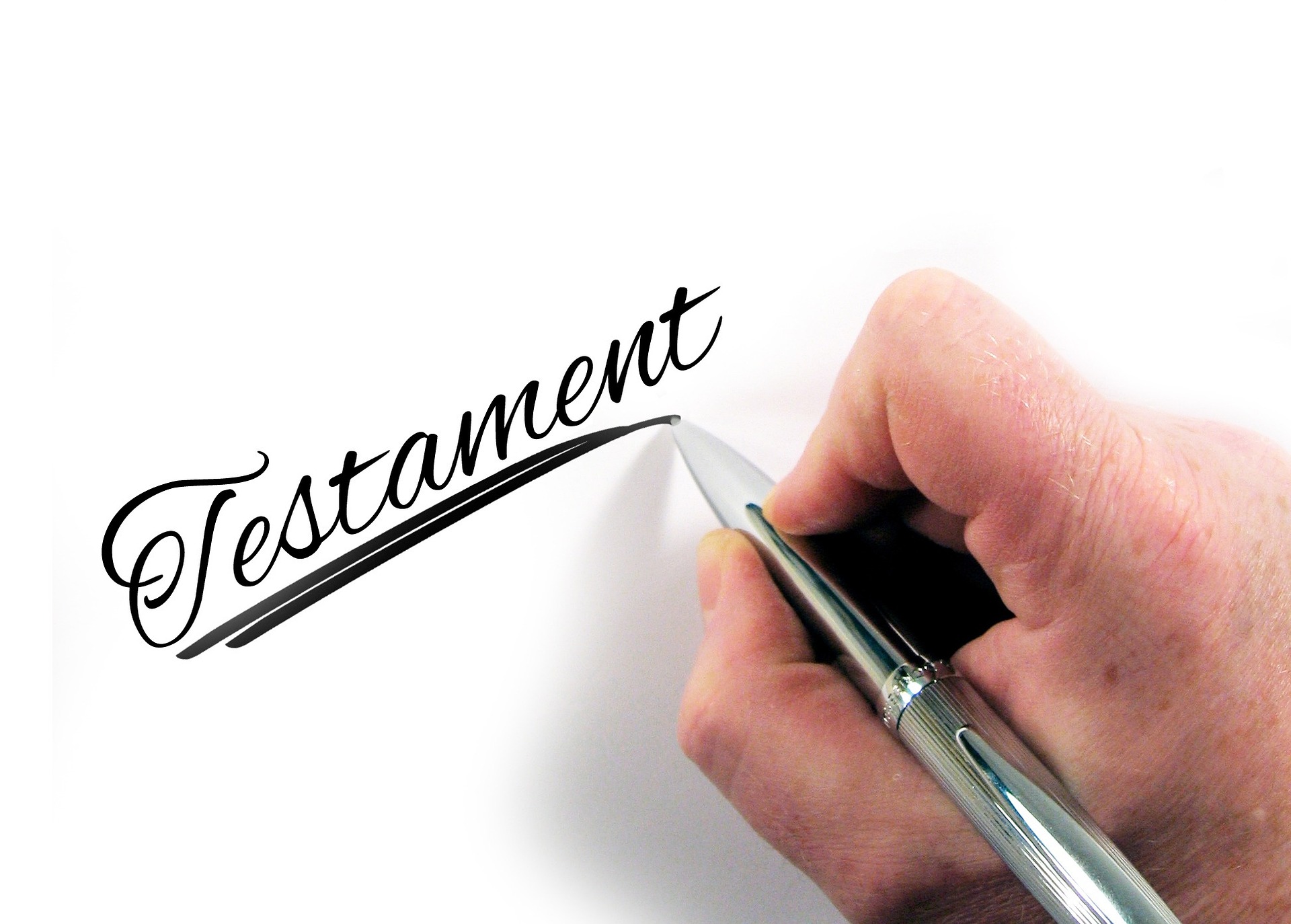
Your loved ones will be sad when you die. With some simple estate planning, you can make things easier for them.
Probate, which is the legal process to have a court authenticate and declare someone's will as valid after they die, may prove to be costly and delay distribution of the assets of an estate.
There are, however, alternatives to probate in California that you should discuss with an estate planning attorney to determine whether they would be right for you and your estate plan.
In the meantime, let's take a look at probate and some of the options available for avoiding it.
Wills and the probate process
A will is a legal document containing a statement of your wishes for the distribution of the assets owned by you when you die. It includes the name of someone that you trust to act as the executor to take charge of the financial affairs of your estate through activities that include:
- Taking control over the real and personal property you owned when you died.
- Determining what debts and taxes you owed and paying them from assets of the estate.
- Paying estate expenses and taxes from estate assets.
- Distributing assets of the estate according to your wishes contained in the will.
The person that you name as your executor does not have legal authority to act on your behalf until a court determines that the will is authentic and meets the general legal requirements to be valid under California law, including:
- Must be in writing.
- Must be signed by the testator, which is the person making the will.
- Must be signed by at least two witnesses who were present when the will was signed by the testator.
Probate refers to the legal process to have a court review a will and grant an order certifying it as the valid and authentic will of the deceased. The court order, known as letters testamentary, grants to the executor the legal authority to carry out the duties required to handle the affairs of the estate.
The time it takes to probate a will varies from case to case. Objections to the validity or authenticity of a will or relatives objecting to being left out of a will prevent a court from granting letters testamentary until the objections have been resolved, which may require testimony of witnesses and other evidence at a hearing. This also may significantly increase the costs associated with probate of a will.
Alternatives to a will in California
When people think about estate planning and providing for the post-death distribution of assets according to their wishes, a will appears to be the go-to method to achieve it. It is not, however, the only option available to accomplish your wishes. If you live in California, the following alternatives to probate offer options to discuss with your estate planning lawyer:
1. Payable-on-death designations: Accounts at banks and other financial institutions, including checking, savings, and certificates of deposit, may be set up to pass to a named beneficiary upon your death through a payable-on-death designation. Unlike a joint account owned where two or more people have access to the funds, a payable-on-death designation makes the funds available to the beneficiary only on submission of your death certificate.
2. Transfer-on-death registration of stocks and bonds: If you have a brokerage account, you can set it up to pass on your death to a named beneficiary or beneficiaries without going through probate. Transfer-on-death registration of securities works in the same way as payable-on-death designation does for bank accounts. Transfer-on-death registration is also available for use on motor vehicles that you own and register in California. The vehicle remains yours until you die when the registration automatically transfers to the person you named as the beneficiary.
3. Transfer-on-death designation for real property: A transfer-on-death deed lets you arrange for the automatic transfer of ownership to real property upon your death. You sign a deed containing the transfer-on-death language and record it during your lifetime, but it does not become effective until you die.
4. Trusts: Trusts offer a method to avoid probate by transferring title and ownership of all or some of the real or personal property you own to a trust. The trust document prepared by your lawyer includes designation of a trustee to manage the assets and distribute them upon your death according to your wishes as contained in the trust document. Trusts do not require probate or other court proceedings when the time comes to distribute the assets.
Another option available to avoid probate is joint tenancy, which is a shared ownership of property with another person. Upon the death of one of them, the survivor acquires the share of the deceased joint tenant without probate or other court proceedings.
Joint tenancies are not limited to spouses or domestic partners as are community property rights. California is a community property state, so each party generally owns half of the property acquired during the marriage. A California couple may designate community property as held with the right of survivorship, which means the survivor automatically acquires the share of a deceased spouse.
Simplified probate procedure for small estates
A simplified probate procedure is available for use in estates with a value that does not exceed $166,250. Even if the value of the assets that you own exceeds the threshold for a simplified probate, you may use any of the alternative methods of ownership that avoid probate to reduce the value of your estate to qualify for simplified probate.
When calculating the value of an estate to determine whether it qualifies for the simplified probate process, you need not include the following:
- Cars, mobile homes, and boats.
- Real property located in states other than California.
- Property held by a trust.
- Jointly owned real or personal property.
- Community property with right of survivorship.
Using a simplified probate process reduces the cost to your estate and takes less time than normal probate proceedings. Discuss your options with an estate planning attorney to determine the methods that work best for you to create an estate plan that carries out your wishes without causing unnecessary probate delays and expense.

Related Posts
The most common estate planning scams explained
Douglas Parker | 10 October, 2022
Scam artists are becoming increasingly sophisticated in their efforts to trick people into sending them money, or private information they then use to steal identity. ...
Read More





-1601582715-25516-(1)-1601634939-72804-1-1605641762-37124.png)







